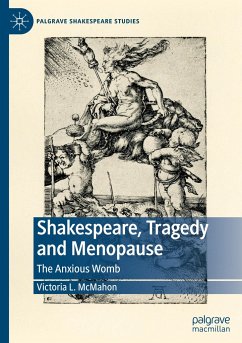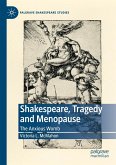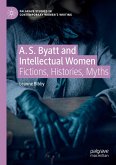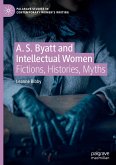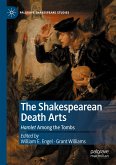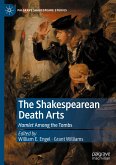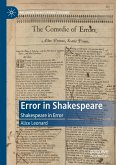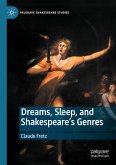Shakespeare was not only aware of the socio-cultural fears and anxieties generated by the older woman's body but with the characterization of his tragic ageing females, Shakespeare becomes the first literary giant to explore the physiological and psychosocial condition that we have come to know as 'menopause'. Although 'menopause' was not defined as a medical, physiological or sociocultural event for the early moderns, this book argues that such a medical and cultural transition can, in fact, be identified by sub-textual clues distinguished by various embodied anxieties. It explores several ageing women of the Shakespearean tragedies as they transition through this liminal menopausal period. Theoretically underscored by humoral theory, the analysis is metonymically centered upon the womb as the seat of menopausal anxiety. These menopausal undercurrents, not only permeate the dramatic action of each play, but also emanate outward to reflect the medical, physiological, cultural, social,and religious concerns generated by the ageing woman of the early modern period at large.
Bitte wählen Sie Ihr Anliegen aus.
Rechnungen
Retourenschein anfordern
Bestellstatus
Storno

